
It is currently debated whether or not sluggish cognitive tempo—defined as a collection of symptoms that include persistent dreaminess, fatigue, and slow working speed—is part of ADHD or separate from it.

It is currently debated whether or not sluggish cognitive tempo—defined as a collection of symptoms that include persistent dreaminess, fatigue, and slow working speed—is part of ADHD or separate from it.

This research lays the foundation for future clinical trials aimed at investigating whether moderate to vigorous exercise can minimize “chemo brain,” which is a decline in cognitive function many patients with breast cancer experience.

According to Fenn, these numbers are significant when considering the types of errors that are likely to occur in sleep-deprived operators, such as surgeons or police officers, and the 4% decrease in errors could potentially save lives.

Research presented at the Alzheimer’s Association International Conference (AAIC) 2021 found associations between COVID-19 and persistent cognitive deficits, including the pathology and symptoms of Alzheimer disease.

The study demonstrated robust time and dose-dependent lowering of tau protein in cerebrospinal fluid (CSF) over the course of the 3-month treatment period.
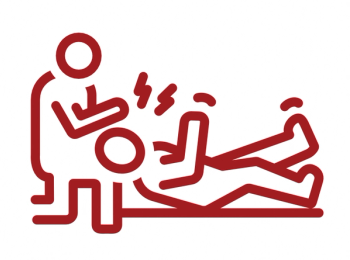
Investigators hypothesize that concurrent symptoms of anxiety and depression may be linked to concerns about adverse events.
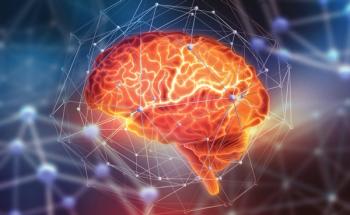
This risk was not seen in older adults with dentures, which could indicate that the cognitive decline associated with tooth loss could be mitigated through timely and effective treatment with dentures, according to the investigators.

The study authors said that these findings could be used to help identify healthy people who are at risk for the condition before they have symptoms.

Hypertension is a risk factor for cognitive decline and dementia in older adults.

Myokine cathepsin B, brain-derived neurotrophic factor, and klotho were all found to be influential in delaying the progression of Alzheimer disease.

Study indicates that some instrumental music is more likely to cause earworms and disrupt sleep quality compared with lyrical music.

The FDA recently approved the amyloid beta-directed antibody indicated for the treatment of the progressive disease.

The study authors examined data from the Health and Retirement Study, which included 2496 individuals who were at least 51 years of age.
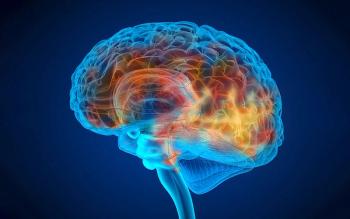
Pharmacy Times spoke to Dr. Douglas Scharre, neurologist and director of the division of Cognitive Neurology at Ohio State Wexner Medical Center, about the latest FDA approved drug for Alzheimer disease.
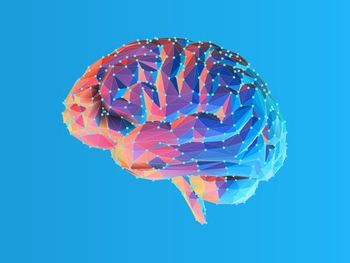
The study authors sought to evaluate whether the link between lifestyle and cognition varies by APOE genotype among the elderly.

The tool measures brain health based on cognitive performance and may be used in the future to predict the likelihood that an individual will develop memory and thinking problems as they age.

According to the study authors, this model provides insights into the multiscale biological alterations in the elderly and neurodegenerative brain, which have important implications for identifying treatment targets for Alzheimer disease.

Exercise, nutrition, sleep, and supplements can help slow cognitive decline in older individuals.

Even with these data, the adverse effects were lessened in people taking non-steroidal anti-inflammatory drugs (NSAIDs), such as aspirin.

Managing weight, blood pressure and cholesterol in children may help protect brain function later in life.

The research sheds light on the biopsychological process that can lead to poor grades, withdrawal from classes, and even students who drop out, whereas 40% of freshman do not return to their university for a second year in the United States.

Previous studies found breastfeeding does not impact executive function or memory, which was similar to the findings in this study, according to the authors.

The COVID-19 pandemic has been linked to a 44% increase in insomnia disorder among health care workers at a medical-school affiliated health system, according to a study published in the Journal of Clinical Sleep Medicine.

Researchers have created a new tool that allows doctors and scientists to evaluate infant brain health by assessing the concentration of various metabolites in the brain, according to a study published in NMR in Biomedicine.
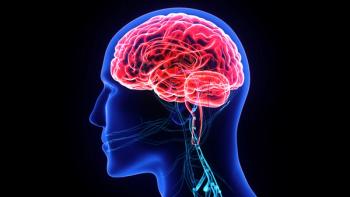
Broadly, the study results showed that if a participant's cognitive ability, physical health, or mental health declined over the course of the 6-month study period, that participant became less cognitively engaged as the tasks increased in difficulty.